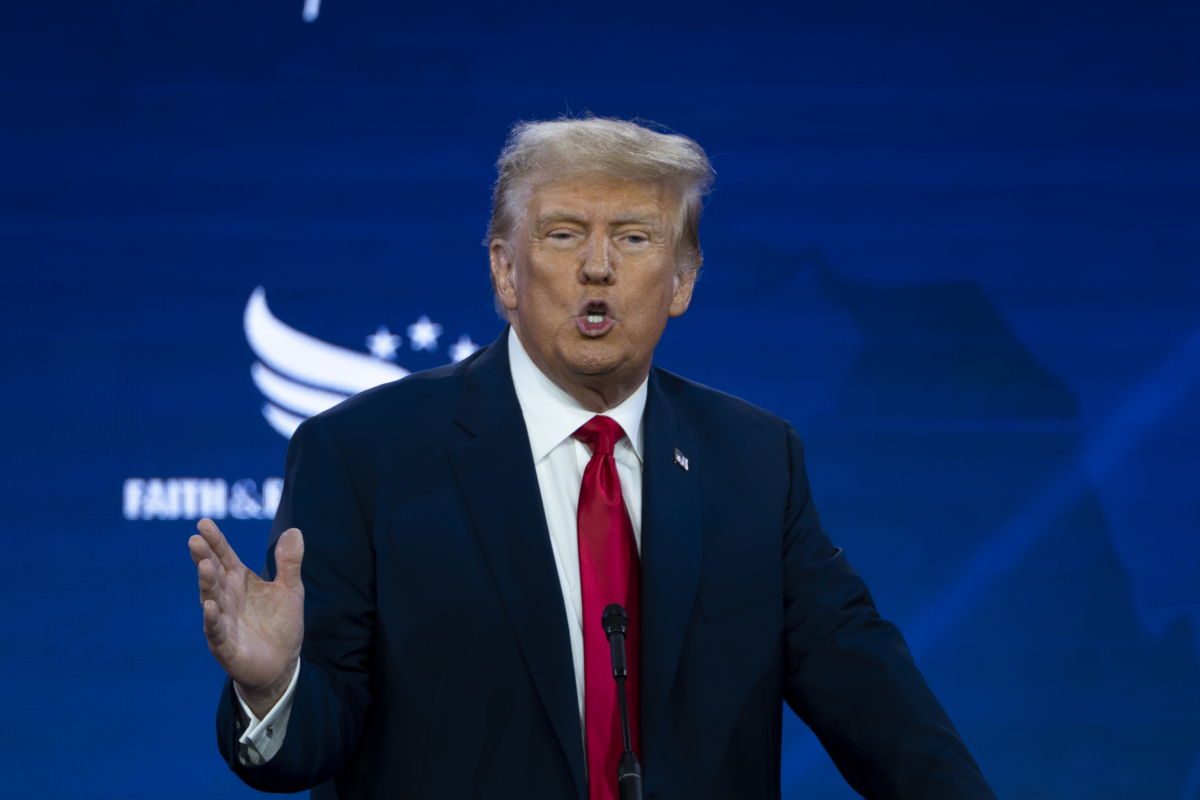Former U.S. President Donald Trump recently made a statement declaring that if elected again, he would push to ban transgender surgeries for minors in all 50 states. This announcement has not only raised widespread concerns within the LGBTQ+ community but has also sparked intense discussions about gender identity, medical autonomy, and legal ethics.
Firstly, Trump’s stance reflects his extremely conservative attitude toward the rights of transgender individuals. He has stated that he will call on Congress to pass legislation that defines the only genders recognized by the U.S. government as male and female. If implemented, this policy would severely restrict transgender individuals’ access to necessary medical services.
Secondly, Trump’s proposal may further exacerbate divisions in American society regarding issues of gender identity. In some states, transgender individuals already face legal and policy discrimination, and Trump’s position could deepen these divides, leading to more obstacles for transgender people in education, employment, and social participation.
Additionally, Trump’s policy proposal has raised legal and ethical controversies. The gender identity and gender-affirming treatment of transgender youth is a complex and sensitive issue that involves the rights of minors, family decision-making, and medical ethics. Trump’s proposal overlooks these complexities and could lead to further marginalization and harm to transgender youth.
Finally, this statement by Trump exposes the challenges the United States faces in terms of gender equality and the protection of LGBTQ+ rights. Despite some progress made in gender equality and LGBTQ+ rights in the U.S., Trump’s position indicates that these rights are still under serious threat from conservative factions.
In summary, Trump’s declaration to ban transgender surgeries for minors in all 50 states is not only a direct attack on the rights of transgender individuals but also a challenge to gender equality and inclusivity in American society. If this policy were to be implemented, it would have profound impacts on the lives of transgender youth and could trigger broader social and legal controversies.

